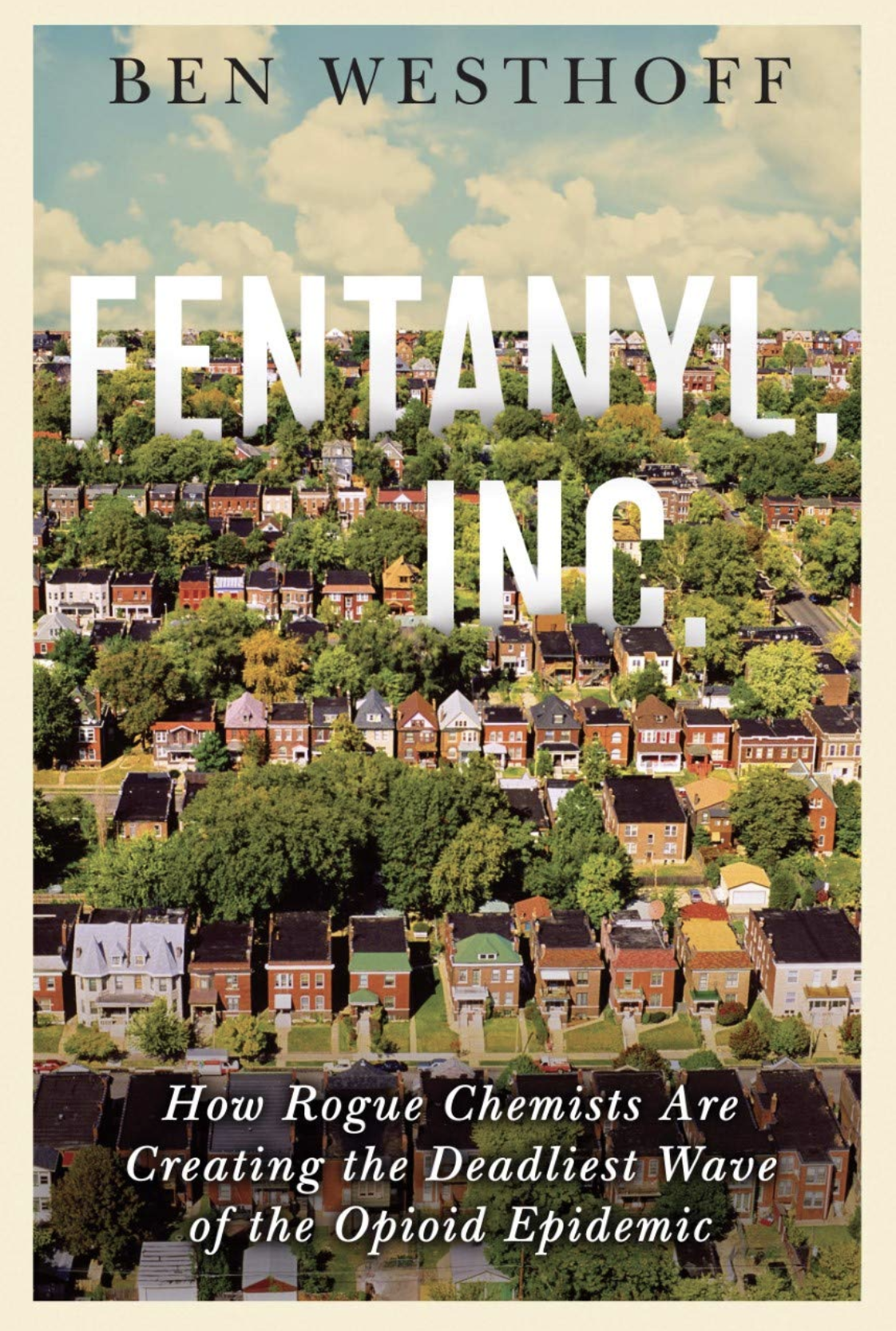If you’ve been following our blogs, then you’re well aware of the fentanyl epidemic that’s taken thousands of lives. Often thought of as an extension of the opioid crisis, this synthetic painkiller is wreaking havoc on countless Americans. But that, of course, begs the questions; where did this drug originate and why is it so addictive? Well NPR has dug a little deeper into that backstory, which is actually quite fascinating.
During their popular Weekend Edition radio show, host Leila Fadel had the chance to speak with author Ben Westhoff. Westhoff recently wrote a book called Fentanyl, Inc., which goes into heavy detail about the history of synthetic opioids.
One of the first interesting things he revealed was about fentanyl’s creation in the 1960s. Apparently it began as a pharmaceutical drug, used for epidurals and heavy operations. Only in recent times has it gained a nefarious new reputation, with street dealers finding ways to replicate it for black market drug deals.
As Wetshoff put it, “rogue chemists” have begun playing a big role in the growth of illicit fentanyl sales, thanks very much to the accessibility of the world wide web.
“In the old days when scientists studied something and wrote about their findings in a paper, these papers were mostly in university libraries,” Westhoff explained when discussing the origins of street fentanyl. “But in the Internet age, all of these papers started being published on the Internet. And so rogue chemists could find out about them that way, and they could dig into the research and copy the synthesis techniques themselves.”
Westhoff also described the research that went into his book, which included lengthy trips to China. As we mentioned before, President Trump has called out China as being a major exporter of the drug.
Though he didn’t get political, Westhoff did confirm that many fentanyl labs exist in that country and he was even able to gain access to one.
“I started just by Googling buy drugs in China, and all these different company websites came up,” he added when describing his overseas trip. “And I said I was a customer, and would they be willing to show me their lab if I came to China? And a surprising number of them said yes. And what I saw was really shocking. There are these huge piles of drugs being synthesized, huge piles on the counters of these lab tables, and just the whole scope of the operation was much bigger than I would have thought.”
As you can imagine, there are many more stories than that to emerge from the book. We definitely recommend giving Fentanyl, Inc. a read.







